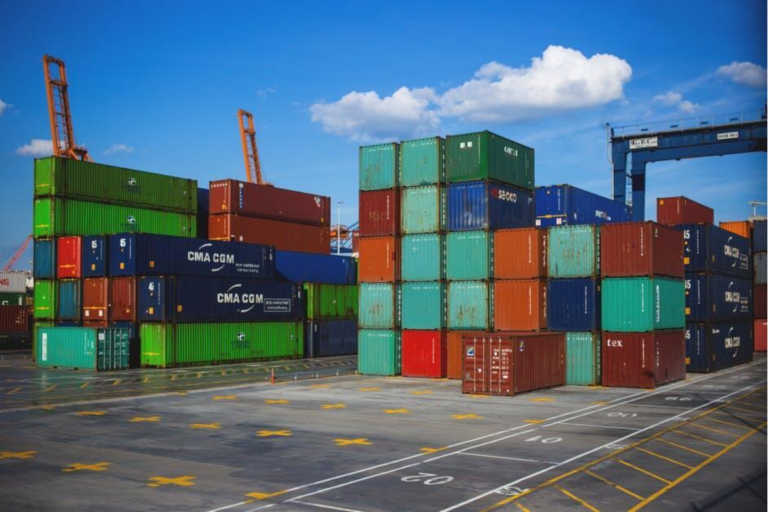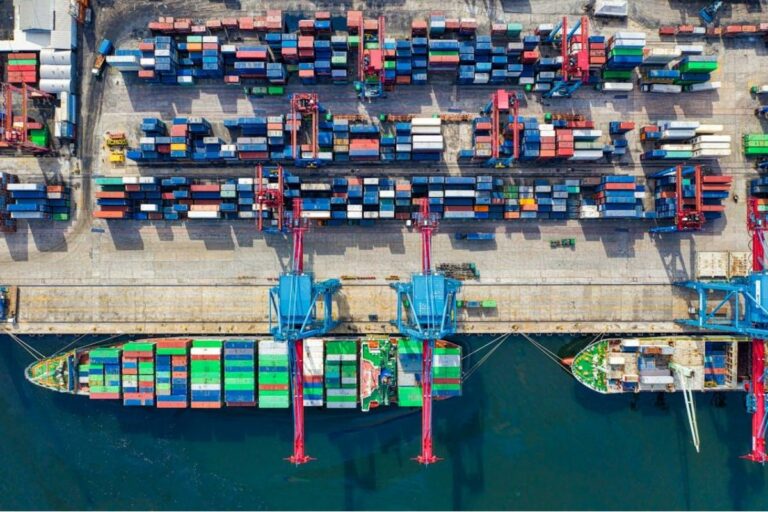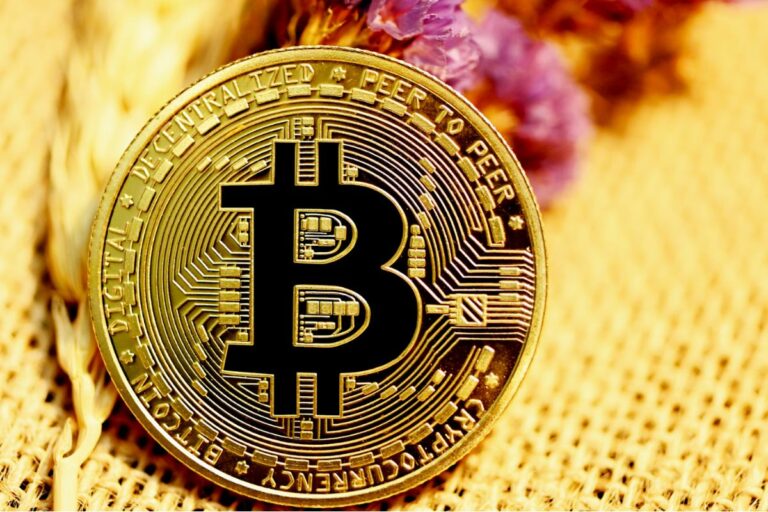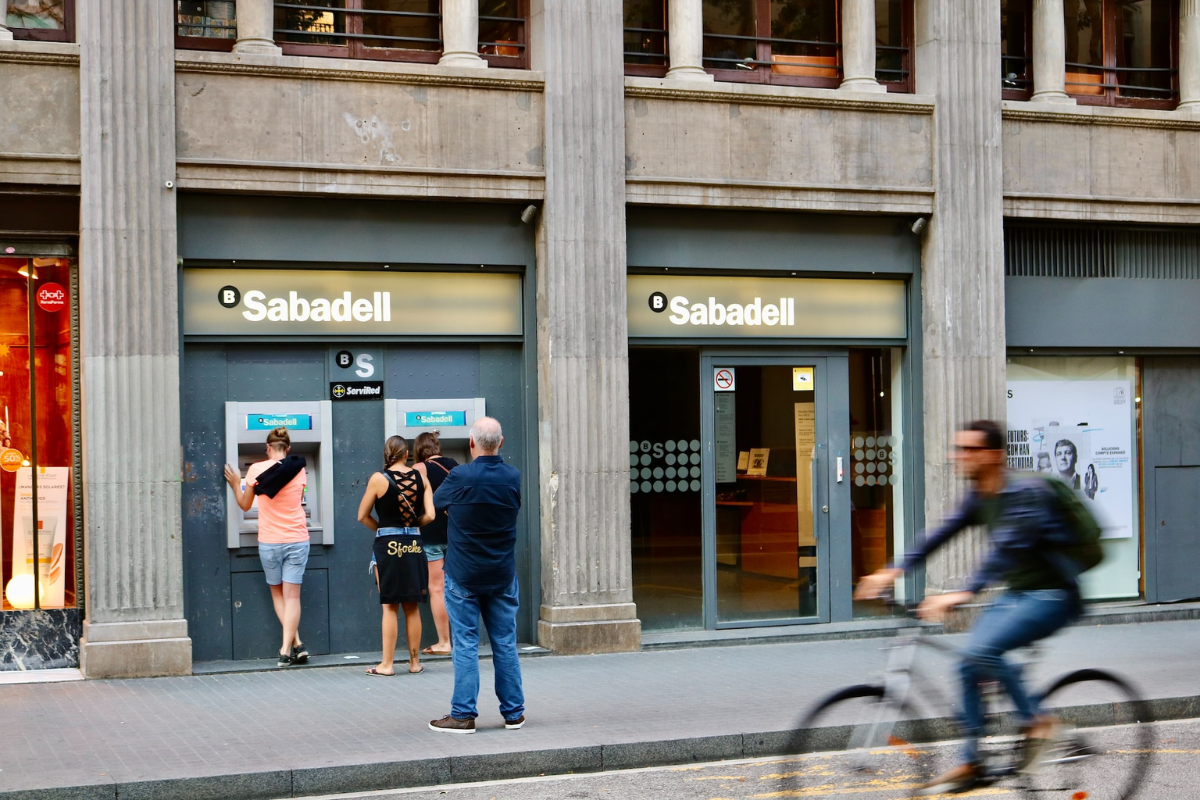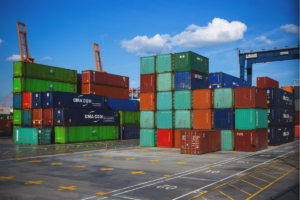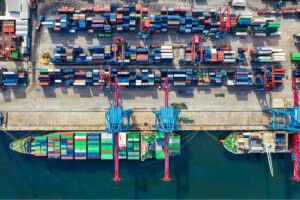You might hear the term “bank run” sometimes. Usually, if you do, that means a bank went under. It became insolvent, and it had to close all of its locations.
That often happened during the Great Recession a few years ago, and it happened recently with Silicon Valley Bank.
That story stayed in the news for a few weeks, and many talking heads on TV speculated about whether it might happen with other banks around the country.
Since bank runs can render banks insolvent, we should discuss what the term means. If you have money in a local or national bank, you might wonder about your money’s safety.
We will talk about both bank runs and your money’s safety in the bank in the following article.
Post Contents
What Does The Term “Bank Run” Mean?
The term “bank run” means that a bunch of customers flock to the bank and withdraw all their money at once.
They usually do that because a negative news story comes out about that bank, and people panic.
It may also happen if there’s a national or international event that makes people nervous, like one country invading another, a natural disaster, political unrest, etc.
If a bank run happens, that usually means that people lost confidence in just one bank. However, bank runs that impact multiple banks also occur.
They’re rarer, but when a significant event like the ones we’ve just described happens, that can trigger these panicky withdrawals.
Why Does A Bank Run Mean A Possible Bank Collapse?
There’s one more fundamental bank run aspect that you should understand before we move on. Banks are for-profit entities.
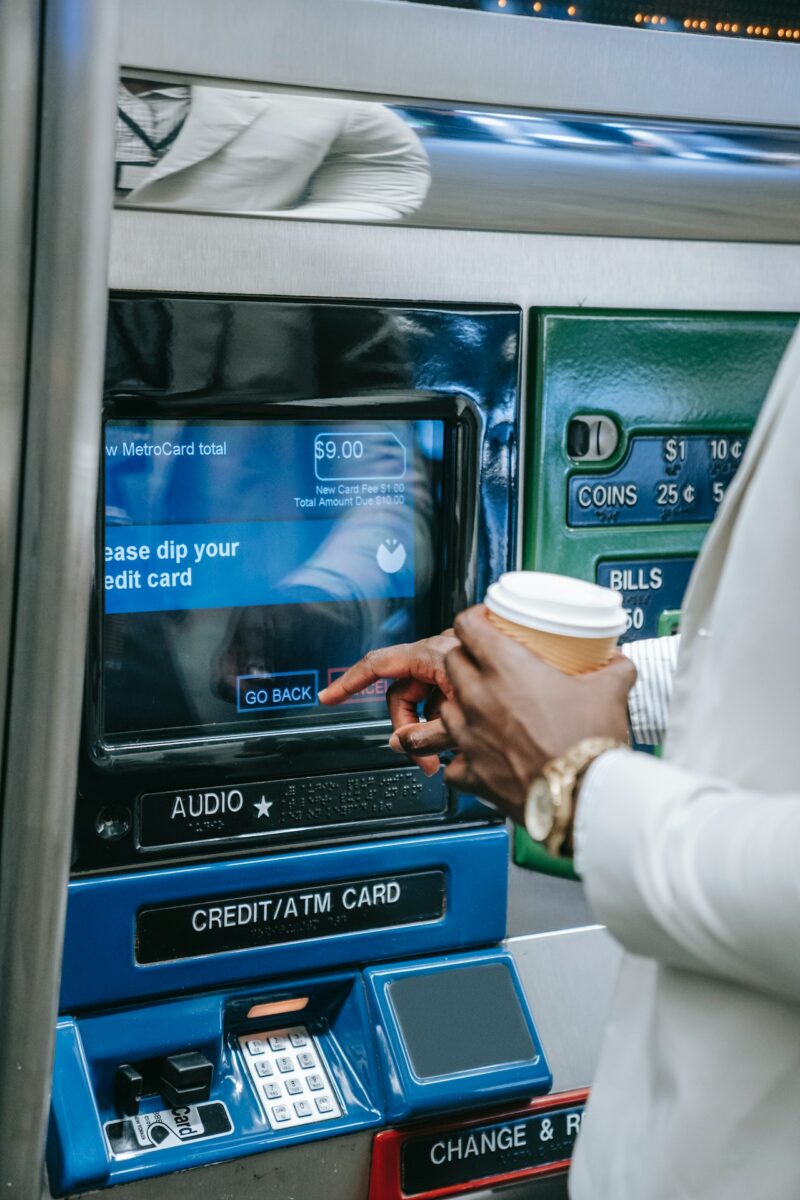
That means they don’t exist just because the bank wants to make you money through interest from savings accounts or CDs. Banks have high-ranking executives, and they often make enormous salaries.
If many people withdraw their money at one time, you would think that won’t hurt a bank because you put your money in there in the first place.
Even if nearly every bank customer withdraws their cash at once, there’s presumably no reason why that should cause a financial entity’s collapse.
Bank runs can cause a bank’s collapse because if too many people demand cash at the same time, that bank does not usually have that much money.
A bank will only have a limited amount of cash on hand at one time. The amount they have does not usually match the same amount that people deposit.
That means, in theory, the bank won’t have enough to satisfy every person’s demand if everyone wants to pull their money out at once.
What Happened To Silicon Valley Bank?
Silicon Valley Bank, which traded on the New York Stock Exchange as SVB, faced a shutdown in March of this year. The California Department of Financial Protection and Innovation shut them down.
The bank had a Santa Clara base, meaning it wasn’t the same size as Bank of America or Chase Bank. Still, it was fairly prominent on the West Coast.
A bank run of the type we’ve described occurred. SVB’s investments greatly decreased in value, and at the same time, many people demanded their money at one time.
The reason why so many people wanted their money at one time wasn’t necessarily because they thought the bank might fail. Instead, the FED kept raising the interest rates.
That meant that more investors felt risk-averse. They all pulled their money out at one time, and SVP no longer had the liquidity it needed.
What happened with SVP isn’t too common. Rather than investors pulling out their money because of a negative story about the bank, instead, the FED raising interest rates to stave off a recession caused this particular bank run.
It shows you, though, how various economic forces can set off a chain reaction. The FED’s best intentions backfired on this occasion.
Can You Lose Your Money If You Put It In The Bank?
At this point, you’re probably wondering whether you can lose your money if you put it in a bank.

You can invest your cash in various ways, from CDs to stocks to gold. You might feel like putting it in a savings account carries the least risk, though.
You should know that FDIC insurance exists, and it protects your money. FDIC means the Federal Deposit Insurance Corporation.
This entity safeguards the money you put in banks. It props up the banking system, and it’s there to guard against things like bank runs.
A bank can fail, but as long as your money has FDIC insurance backing it up, you won’t lose it.
If the bank fails, which doesn’t happen often, your money either goes into another bank with FDIC insurance, or else you will get a check for the full amount. It won’t just disappear.
That’s why, even though bank runs sound scary, if you’re someone with funds in that bank, you shouldn’t have any worries.
You will get that money back, even if the bank itself goes under. The bank execs might lose their jobs, but you won’t lose a penny.
You should also not panic if the FED raises the interest rates to ward off a possible recession.
Not every economist agrees about whether that’s the smartest idea or not, but if you leave your money in the bank when that happens, it actually benefits you.
That’s because when the FED increases the interest rates, the bank rewards you if you leave your money in a savings account.
If you had cash in a savings account a year ago, maybe you got an annual rate of return of 1.5% or so. That number has gone up sharply over the past year-and-a-half.
Right now, if you have money in an Ally savings account, you can get an APY of 3.75%. That’s almost unheard of. You can also get a rate on a CD that’s much higher than what you could get one year ago.


